coda
KOE-dah
[Italian]
1. The closing few measures of a composition, usually not a part of the main theme groups of the standard form of a composition, but a finishing theme added to the end to give the composition closure; in sonata form, the coda is anything that occurs after the recapitulation. The coda is sometimes indicated with the notation of a "0" with two intersecting lines (as shown below). This is typically used in compositions that employ a da capo (D.C.) or dal segno (D.S.). Often the terms "D.S. al coda" or "D.C. al coda" are also used which indicate that the performer is to perform the coda portion of the composition after repeating to either the sign (D.S.) or to the beginning of the composition (D.C.).
See Also
[English] tail[French] queue (f)
[French] partie finale (f)
[German] Anhang (n)
[German] Schlussteil (m)
[German] Schwanz (m)
Share
Tweet
Last Updated: 2016-05-21 17:36:34

